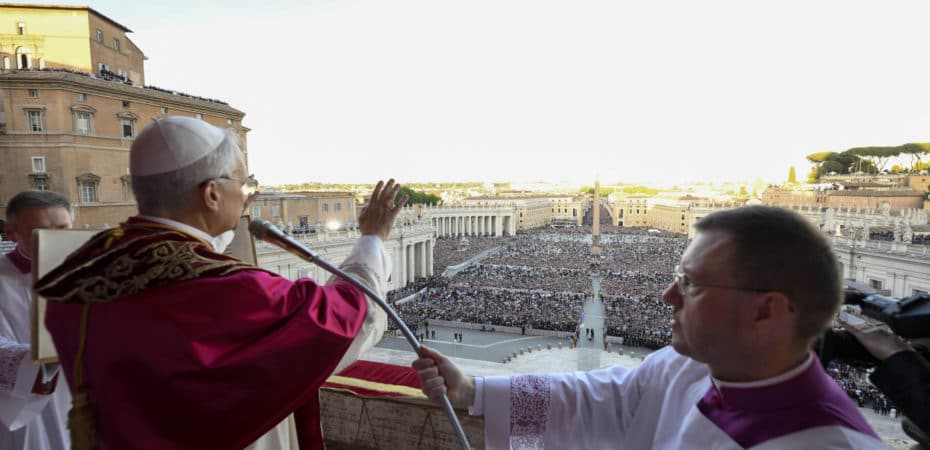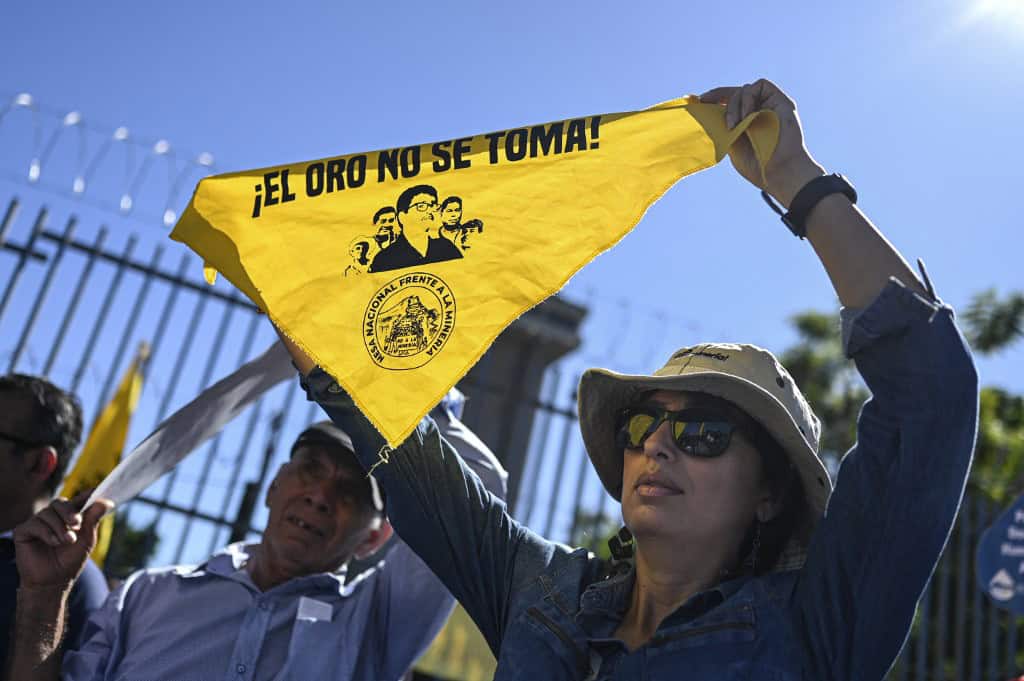Costa Rica, traditionally seen as a bastion of press freedom in Latin America, has experienced a concerning dip in its global ranking for press freedom, according to the latest report by Reporters Without Borders (RSF). The 2024 World Press Freedom Index paints a sobering picture of the state of journalistic liberties worldwide, with Costa Rica moving down from 23rd to 26th place among 180 countries.
A Global Concern: Politicizing Press Freedom
The RSF report underscores a troubling global trend: political authorities, who should be the protectors of press freedom, are often its biggest adversaries. This year, the political context indicator, one of five metrics used to assess press freedom, saw the most significant decline, dropping by an average of 7.6 points globally. This decline suggests a worldwide pattern of political interference that threatens the very essence of journalistic independence and transparency.
Costa Rica’s Press Environment: A Mixed Picture
Despite the decline in its ranking, Costa Rica continues to be recognized as a solid democracy where press freedom is generally upheld. The nation is known for its respect for civil rights and pluralism, providing a safe haven where journalists do not face threats to their physical safety, imprisonment, or undue surveillance. This environment has made Costa Rica a refuge for journalists, particularly those fleeing from more oppressive regimes in the region, such as Nicaragua.
However, the RSF report also highlights some areas of concern. In 2022, there were noted instances where the government engaged in verbal attacks against journalists and media outlets. Moreover, some state entities were reported to have withheld public interest information from the press, challenging the country’s reputation as a defender of media freedom.
Latin America’s Exception
Costa Rica is often cited as an exception in Latin America, a region where press freedom is frequently compromised. The nation upholds freedom of the press and expression as core values, making it a model for its neighbors. However, even in Costa Rica, the specter of governmental hostility looms, potentially undermining these fundamental freedoms.
Broader Implications for Global Journalism
The RSF report reveals a disturbing trend beyond Costa Rica’s borders, with a growing number of governments and political figures creating environments that are increasingly hostile to independent journalism. The 2024 index notes that only about 25% of the world’s countries currently offer satisfactory conditions for journalists. This decline in media autonomy and the mounting pressure from political factions endanger not just the journalists themselves but also the public’s right to reliable and diverse news.
The shifts in global press freedom dynamics, illustrated by Costa Rica’s decline in the RSF rankings, reflect broader challenges facing media across the world. As political pressures mount, the essential role of the press as a pillar of democracy and a watchdog of the government becomes ever more critical. Ensuring the freedom of the press is not merely about protecting journalists but also about preserving the public’s right to know, a principle that is fundamental to the health of any democracy.
Source link
admin



